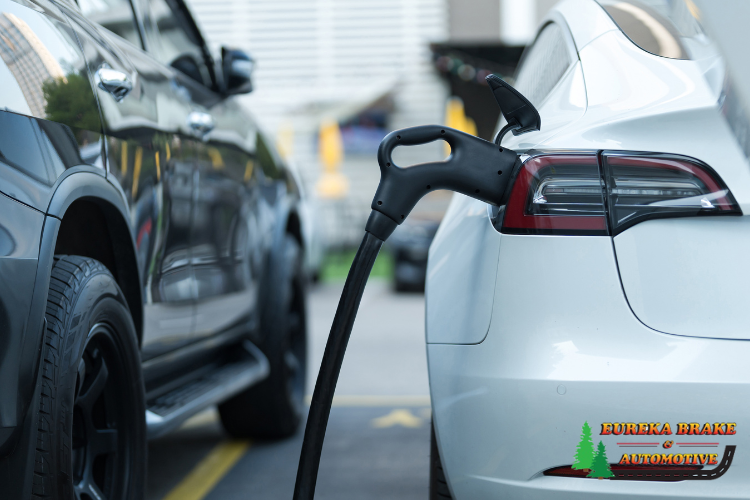In the ever-evolving landscape of automotive technology, hybrid vehicles have emerged as a compelling solution to address concerns regarding fuel efficiency and environmental impact. With their combination of gasoline engines and electric motors, hybrids offer a promising alternative to traditional gas-powered cars. However, like any innovation, hybrid vehicles come with their own set of advantages and disadvantages. In this blog post, we delve into the pros and cons of hybrid vehicles to help you make an informed decision.
Pros of Hybrid Vehicles:
1. Improved Fuel Efficiency: One of the most significant advantages of hybrid vehicles is their superior fuel efficiency. By seamlessly switching between the gasoline engine and electric motor, hybrids optimize fuel consumption, resulting in fewer trips to the pump and reduced fuel costs for drivers.
2. Lower Emissions: Hybrid vehicles produce lower emissions compared to their conventional counterparts. The integration of electric motors allows hybrids to operate in electric mode at low speeds, reducing tailpipe emissions and contributing to cleaner air and a healthier environment.
3. Regenerative Braking: Hybrids utilize regenerative braking technology, which converts kinetic energy into electric energy during braking. This energy is then stored in the vehicle's battery and used to power the electric motor, enhancing overall efficiency and reducing wear on the brake system.
4. Tax Incentives and Rebates: Many governments offer tax incentives and rebates to incentivize the purchase of hybrid vehicles. These incentives can significantly reduce the upfront cost of hybrid ownership and make them a more attractive option for environmentally conscious consumers.
5. Quiet Operation: Electric motors operate virtually silently, providing a quieter driving experience compared to traditional gasoline engines. This feature not only enhances passenger comfort but also reduces noise pollution in urban areas.
Cons of Hybrid Vehicles:
1. Higher Initial Cost: One of the main drawbacks of hybrid vehicles is their higher upfront cost compared to conventional gasoline-powered cars. The advanced technology and components used in hybrids often result in a higher purchase price, which may deter some buyers, despite potential long-term savings on fuel.
2. Limited Electric Range: While hybrids offer impressive fuel efficiency, their electric-only range is typically limited compared to plug-in hybrid or electric vehicles. This means that hybrids rely heavily on the gasoline engine for longer journeys, diminishing their environmental benefits in certain driving conditions.
3. Complexity and Maintenance: Hybrid vehicles feature complex powertrain systems that combine internal combustion engines with electric motors and batteries. While advancements in technology have improved reliability, hybrid components may require specialized maintenance and repair, which can be more expensive than servicing traditional vehicles.
4. Battery Degradation: Like all rechargeable batteries, the batteries used in hybrid vehicles can degrade over time, affecting performance and range. While manufacturers typically offer warranties for hybrid batteries, replacement costs can be substantial once the warranty expires, potentially negating some of the long-term cost savings.
5. Limited Model Options: Despite growing popularity, hybrid vehicles still represent a relatively small portion of the automotive market. As a result, consumers may have limited options when it comes to choosing a hybrid model that meets their specific needs in terms of size, features, and budget.
Hybrid vehicles offer a compelling blend of fuel efficiency, lower emissions, and innovative technology, making them an attractive choice for environmentally conscious drivers. However, like any automotive technology, hybrids have their own set of advantages and disadvantages that must be carefully considered before making a purchase decision. By weighing the pros and cons outlined in this guide, consumers can make an informed choice that aligns with their priorities, budget, and driving habits.
At Eureka Brake & Automotive, we're committed to helping you navigate the ever-changing automotive landscape and find the right vehicle for your needs. Whether you're considering a hybrid, electric, or traditional gasoline-powered car, our team of experts is here to assist you every step of the way.
Schedule online or call us now at 707-443-2122!






